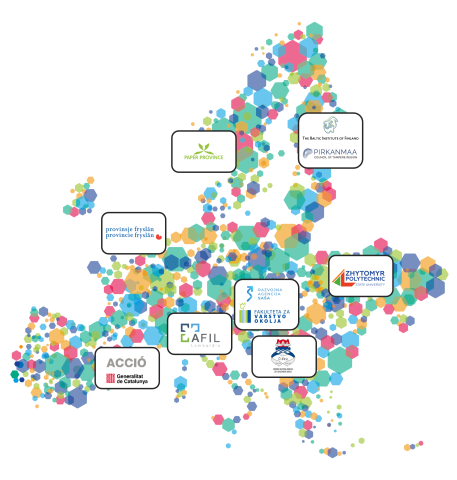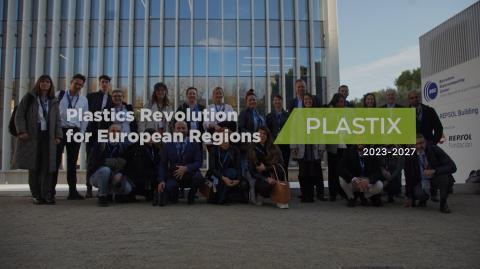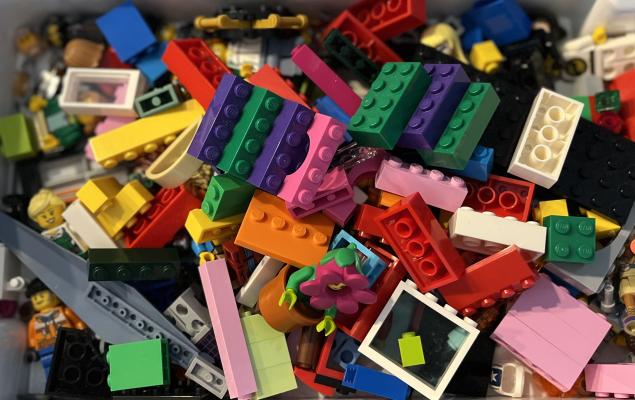Project summary
PLASTIX facilitates industrial transition towards a resource-efficient economy, circular economy growth and eco-innovations in participating regions, and in other European regions. The project tackles the growing problem of plastic waste, its recyclability and its replaceability as a part of the transition towards a more circular economy. All European regions are facing similar plastics challenges: consumption of huge amount of plastics, their recyclability, reusability and replaceability with bio-based raw materials, as well as microplastics and the impact of plastic waste on the climate and water.
European regions play an important role in responding to the plastics challenges by tailoring their policies and innovation and sustainability investments towards a more sustainable and circular plastic economy and related regional innovation and natural ecosystems.
Ten partners from different European regions have come together to exchange best practices, initiatives and policies to address the above-mentioned challenges.

The project is based on and closely contributes to the European Strategy for Plastics in a Circular Economy (2018) and the new EU circular economy action plan (2020). In line with these EU policies, PLASTIX focuses on and engages with the whole circular value chain for plastic in the partner regions - from R&D actors and manufacturers to users and recyclers.
By identifying good practices and novel solutions through interregional exchange and co-creation, PLASTIX aims at helping regional policy makers to improve and create policy mechanisms which facilitate industrial transition towards a resource-efficient economy. As the main result of the project, the addressed regional policy instruments are improved to better - and faster - facilitate the shift towards a society where plastic use is sustainable.

PLASTIX - introductory video
What is PLASTIX all about? Who are we? What topics are we working with?
